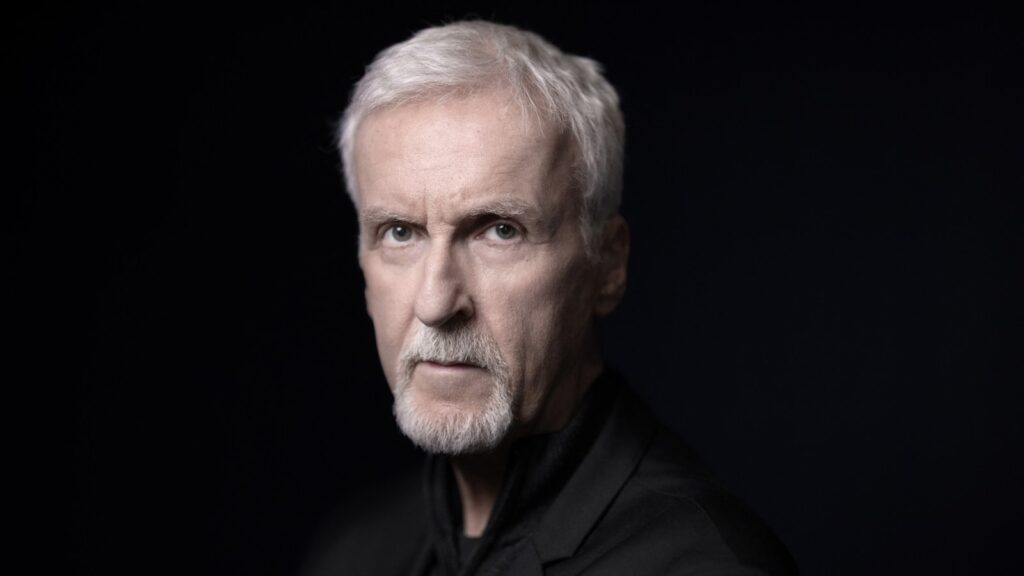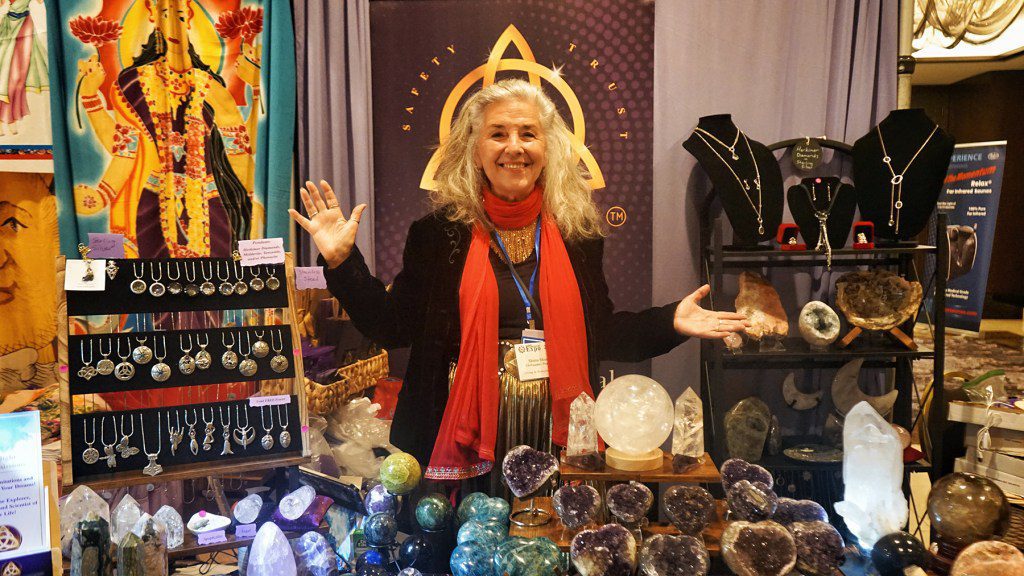James Cameron Joins Board of AI Company, and Fans Are Not Happy
Since the 1980s, director James Cameron has pushed the limits of visual effects in his blockbusters, from the Terminator and Avatar franchises to The Abyss and Titanic. The innovations that made these movies possible have also made him a beloved, acclaimed, and very wealthy artist. But his latest technological jump has rubbed many fans the wrong way: Cameron this week officially joined the board of the artificial intelligence company Stability AI, which created and operates the generative text-to-image model Stable Diffusion.
“I’ve spent my career seeking out emerging technologies that push the very boundaries of what’s possible, all in the service of telling incredible stories,” Cameron said in a statement. “I was at the forefront of CGI over three decades ago, and I’ve stayed on the cutting edge since. Now, the intersection of generative AI and CGI image creation is the next wave. The convergence of these two totally different engines of creation will unlock new ways for artists to tell stories in ways we could have never imagined. Stability AI is poised to lead this transformation.”
Cinephiles were quick to register their disappointment at the legendary director’s latest foray into futurism. “James Cameron is one of the most powerful filmmakers on earth,” wrote a popular YouTube video essayist on X (formerly Twitter), explaining that the director “supporting AI is incredibly depressing for the future of cinema because studios actually do listen and follow him.” Actor and film critic Emmy Potter tweeted, “I keep thinking about how [Cameron] cut his teeth making models & other practical effects for [director/producer] Roger Corman & how that kind of human ingenuity is the exact stuff these AI guys completely devalue & want to replace with slop.” Quipped another X user, “At the end of the day James Cameron is a seventy year-old rich white liberal who is friends with Bill Gates so [to be quite honest] I’m not surprised.”
Others, meanwhile, defended Cameron based on some of his comments last year around AI, in which he noted that that these models cannot understand art as humans can and stressed that the technology should not be “replacing us in a false way.”
The application of AI in cinema has been a contentious issue in Hollywood, to say the least, and Cameron appears to be siding with executives over the creatives. One reason the Writers Guild of America went on strike last year is that the studios and streamers refused writers’ demands for terms that strictly limited the use of AI in creating scripts and forbade the training of AI models on their original material. The actors union SAG-AFTRA later joined the strike in part due to performers’ concerns about the studios leveraging AI to create digital doppelgängers of them. When the strikes came to an end with negotiated deals, many labor activists felt that the AI guardrails settled upon were still not good enough: the studios may yet train AI on existing written material, while actors have said they continue to face pressure to sign over the rights to their own likenesses in contracts.
Last week, California Gov. Gavin Newsom signed into law two new bills designed to protect actors from the potential harms of AI; the state is home not just to the entertainment stronghold of Los Angeles but a majority of the top AI firms in the world. The first piece of legislation allows performers to exit contracts with murky language that might permit a studio to “clone” their image or voice. The second prohibits the cloning of dead actors without permission from their estates.
This week, more than 120 prominent creatives, including musicians, directors and producers, signed an open letter urging Newsom to go further by signing another bill, SB 1047, that has already passed both chambers of the state legislature. It would impose broad regulations on AI companies, requiring them to conduct extensive safety testing before releasing new models, and to have reliable protocols for shutting models off in emergencies. The bill also enacts whistleblower protections for insiders at these companies. Among the signatories of the letter from “Artists for Safe AI” were Mark Ruffalo, J.J. Abrams, Pedro Pascal, Shonda Rhimes, Jean Smart, Ramy Youssef, Alex Winter, Sheryl Lee Ralph, Mark Hamill, Don Cheadle, and SAG-AFTRA president Fran Drescher.
Clearly, though, Cameron sees more promise than problems in a blending of AI and other approaches to filmmaking — despite the Terminator films being cautionary tales about killer AI run amok. As Prem Akkaraju, CEO of Stability AI, put it in his own statement: “This is not only a monumental statement for Stability AI, but the AI industry overall. The next frontier in visual media will be forged by a true fusion of artist and technology, and Stability AI is leading the charge.” Akkaraju was formerly CEO of Weta Digital (now Wētā FX), a New Zealand visual effects and animation company that has worked on the Lord of the Rings trilogy and Cameron’s Avatar series.
Cameron comes aboard at Stability with several other newly appointed board members, including executive chair Sean Parker, the co-founder of Napster and former president of Facebook. In an interview Tuesday on CNBC, he said his personal relationships of “mutual respect” with Parker and Akkaraju influenced him to join the company’s leadership. “We sit at a unique nexus between big tech and gen AI on the one hand, and on the CGI workflows associated with movie and TV visual effects,” he said. “That’s a unique trade space to be in, because we all think that the next big leap forward it going to be to find a commonality, a common platform between those two fields.”
It remains to be seen whether Cameron will have any response to the AI skeptics who have made their cause a primary point of tension in 21st-century Hollywood. (He did not immediately respond to a request for comment.) But the accomplished director is hardly one to be cowed by industry consensus, as many of his risky, outlandish, and mind-bogglingly expensive film projects have proven. At any rate, he has already embraced the technology for himself, having experimented for years with AI models at different stages of production on 2022’s Avatar: The Way of Water, as well as forthcoming sequels. More than a few on social media observed that this phase of his career was entirely predictable, given his lifelong passion for advancing the tools of his trade.
As one person tweeted of the news: “I love James Cameron’s movies but no one should be surprised he’s team machine.”





